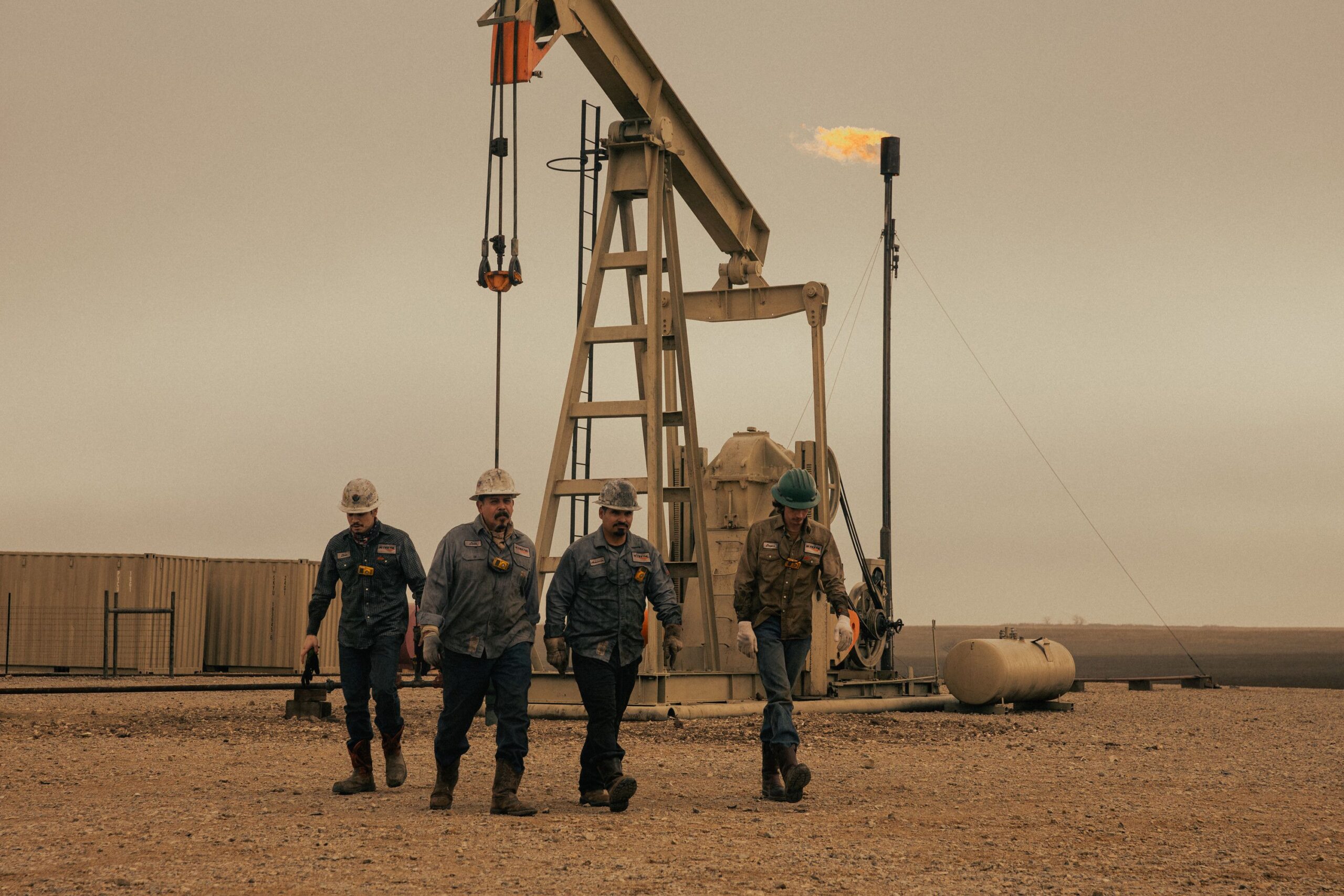When you think of oil country, your brain probably drifts to pumping rigs, cowboy hats, and maybe a high-stakes TV drama. But beyond the steel and sweat, there’s a crucial player in the background making sure oil gets pulled from the right patch of dirt – legally and efficiently. Meet the landman.
No, They’re Not Just Characters on TV
Sure, Billy Bob Thornton brings the heat in “Landman,” the slick Paramount+ series filled with Texas-sized drama. But the real work of a landman? A bit less glitzy. Still, it’s a role that’s every bit as essential and surprisingly layered. Landmen navigate laws, land rights, and local negotiations to make sure drilling doesn’t cross any legal wires. Think less bar fight, more courthouse records and land deeds. Still gritty. Just a different kind.
So, What Is a Landman?
At its core, a landman is a dealmaker. They specialize in land rights – specifically mineral and surface rights. Their mission? Secure legal access for companies to drill, dig, or build on private and public land. They hunt down owners, negotiate leases, secure permits, and handle legal docs with ninja precision.
Key Responsibilities
Let’s break it down. A landman’s day might include:
- Researching ownership: They dig into records to find out who owns what, including mineral rights.
- Negotiating leases: They draft contracts, strike deals with landowners, and smooth over disputes.
- Managing assets: They track land and mineral portfolios, making sure lease terms are met.
- Ensuring compliance: They help companies stay within the bounds of law at every step.
This isn’t desk-only duty either. Many landmen bounce between courthouses, company offices, and kitchen tables of skeptical landowners.
Inside a Landman’s Daily Grind
Picture this. Morning starts with a coffee and a mountain of emails. Priorities shift fast. A landman might hit the courthouse by mid-morning, digging through old records. After that, it’s on to negotiating with landowners. These aren’t quick chats. They require clarity, patience, and often, some serious persuasion.
Afternoons usually mean desk time. Drafting contracts. Double-checking compliance. Uploading reports. By evening, they’re planning for tomorrow’s tasks – another property to review, another deal to chase.
Different Hats in the Same Game
Not all landmen are cut from the same mold. There are:
- In-house landmen: Company employees who manage internal land matters.
- Independent field landmen: Freelancers working on behalf of companies, often on-site.
- Title landmen: These specialists laser-focus on verifying mineral ownership and drilling rights.
Field landmen, in particular, handle everything from public record dives to prepping surface inspection docs. It’s high-detail work with legal consequences.
Skills That Make a Landman Legendary
To thrive, a landman needs:
- Sharp negotiation skills
- Legal know-how
- Deep research abilities
- Excellent communication chops
They’re half lawyer, half detective, with a dash of sales rep thrown in.
How TV Measures Up
Back to “Landman” for a second. The show’s got style – and plenty of sensationalism. Real-life landmen will tell you: it’s more contracts, less chaos. Chris Yonker, a landman from San Antonio, says most of his time is behind a desk. His words? “It’s a lot of spreadsheet jockey action.”
No chair-tying. No dynamite under the truck. Just pages of paperwork, firm handshakes, and a whole lot of miles on the company SUV.
Why the Job Matters
The oil biz can’t function without landmen. Without them, companies would stumble into lawsuits, regulatory nightmares, or worse – miss the land altogether. Landmen ensure the path is legal, ethical, and paved with accurate documentation.
Their work keeps relationships smooth and operations steady. They’re the connective tissue between energy giants and private landowners.
Challenges of the Trade
Like any profession, it has its tough parts:
- Negotiations can get tense.
- Regulations shift constantly.
- Oil prices swing hard, affecting job stability.
- Record-keeping demands extreme precision.
And when commodity prices drop? So does demand for new leases.
The Road Ahead
Despite challenges, the landman career isn’t fading. Job growth is projected around 3% from 2018 to 2028. That’s roughly 11,100 openings over ten years. The transition to renewables might even open new doors for land professionals. Rights still need to be negotiated. Contracts still must be drawn.
Landmen might not wear capes, but they carry the oil industry on their clipboards. From courthouse archives to boardroom negotiations, they make sure the legal and logistical foundation of drilling is solid.
The showbiz version might grab headlines, but the real-life job? It’s demanding, dynamic, and indispensable.




